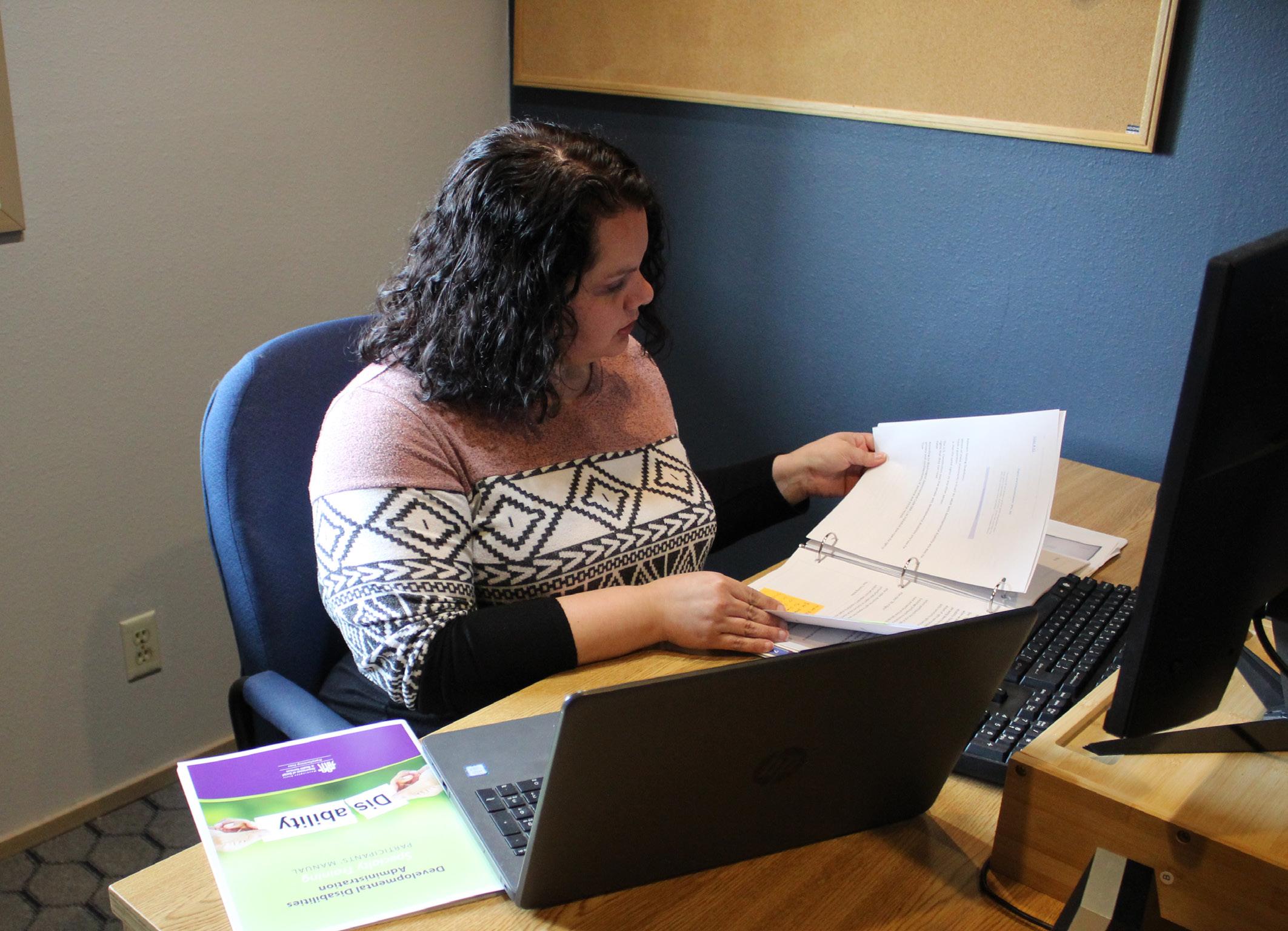
1 minute read
Putting the Heart in Training
In 2022, the Training Institute completed its first full year of providing the Developmental Disabilities Specialty Training (DDST) for those supporting individuals with developmental disabilities in adult family homes and assisted living settings throughout Washington State. This training emphasizes the importance of respect, dignity, and partnership between caregivers and clients. “The heart of the training is to accentuate a sense of people helping people,” says Summer Simpson, DDST Trainer.
In previous years, SA contracted with external trainers to complete this training. In 2021, seeking to provide consistency in the training and to improve fiscal responsibility, SA took steps to utilize our own trainers to provide DDST. As part of the transition, an onboarding plan was developed for all new DDST trainers which outlined milestones and goals that must be completed before becoming a certified trainer.
Through the virtual delivery and trainer onboarding process, SA employees showed incredible cross-departmental collaboration to complete complex tasks and provide customers with a quality product. This collaboration led to
373 Events coordinated
17,648 RIGHT RESPONSE® certifications
83 DDST trainings
20K+ RIGHT RESPONSE workshop hours positive trainer evaluations, matching outcomes from other DDST providers.
In the 3-day course, SA trainers teach the balance between caregiving and empowerment, showing that support should be relationship-based, not task-based. One training participant shared, “ [The trainer] pulled from her own personal and professional experiences to communicate concepts in honest, engaging, and relatable ways.”
During the training, a client advocate joins the class and shares a presentation. Participants love the opportunity to learn directly from client advocates who share their perspectives. A training participant shared how enlightening it was “seeing the clients we support not just from their medical diagnosis but as their hopes and dreams as a human.”







